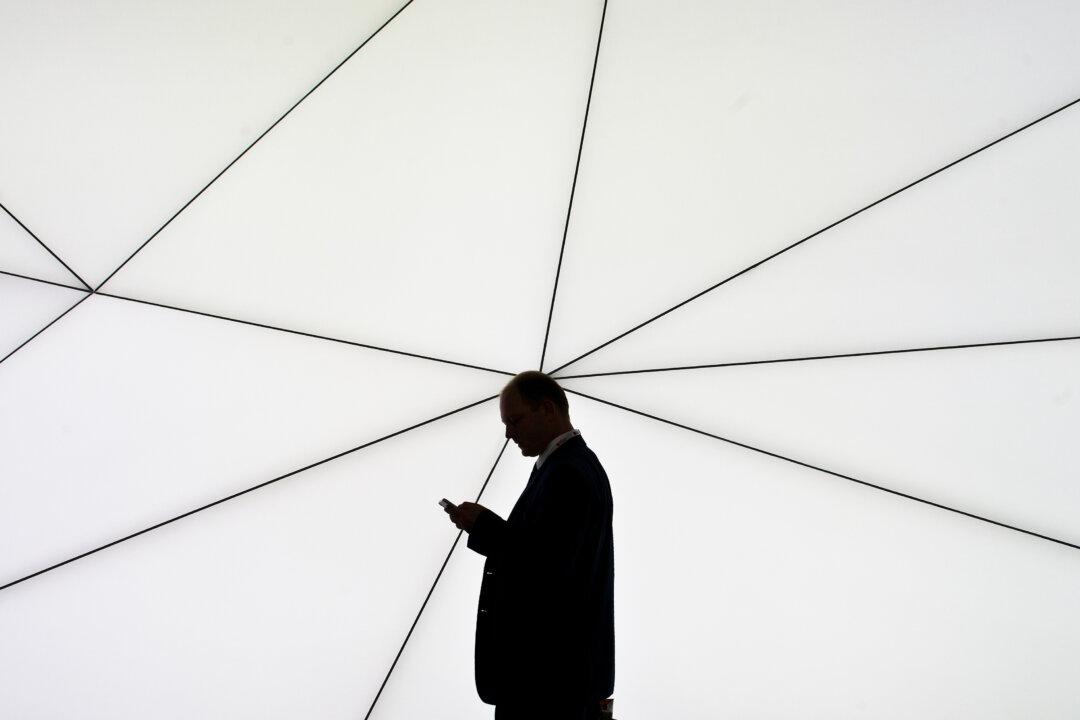Commentary
In the early days of social media—it must have been around the year 2005—a friend wrote that she would stay off it completely and forever. She valued her privacy. She saw absolutely no gain in posting her whereabouts and goings-on for the world to see.





